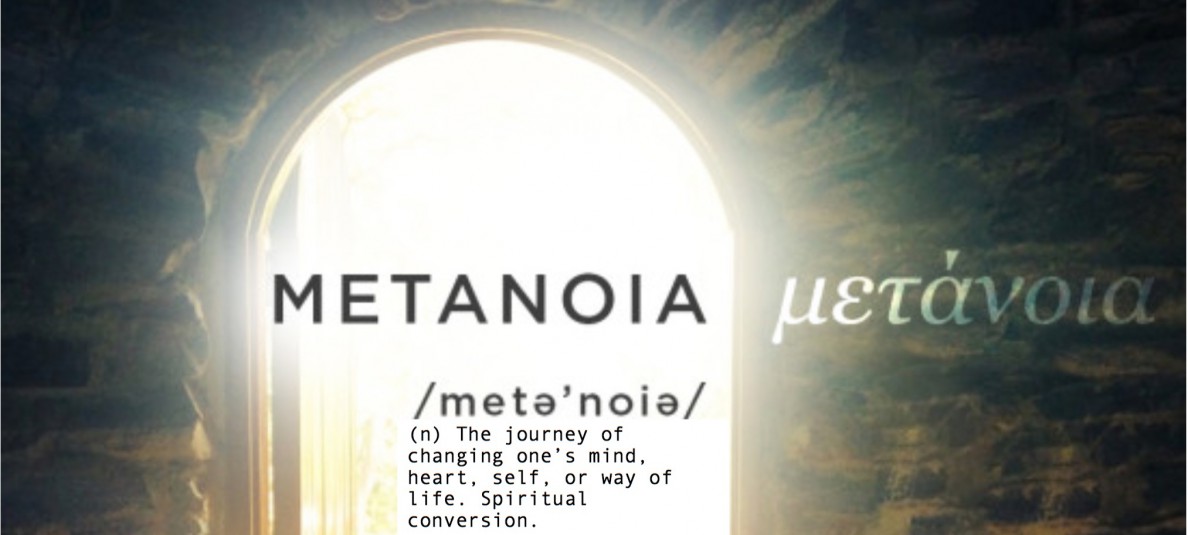Proper 16(C): Freedom, Undiluted
By: Dani Scoville
This is not how this goes. My shoulders tense and a pounding energy courses through my veins. This is not what I had planned. I am a Type A planner and this is how I react to unexpected change. I love a “to-do” list, a schedule, and coming up with a holy order to life. My practicality can border on rigidity and I see how it gets in the way of God at times — particularly God in the unexpected.
It is why I feel for the synagogue leader in this passage. Here is this follower of God, trying so hard to honor what he has read in the holy scriptures that he gets lost in the practices rather than the holy mystery of freedom Jesus offers in this scene. No wonder Richard Rohr calls Jesus a stumbling block to followers — many of Jesus’ actions invite those around him into a more nuanced way of believing and living.1 This passage is no exception. He doesn’t throw the law out, he complicates it. He doesn’t disagree with the leader that the Sabbath isn’t for work, he redefines his actions: not working but giving freedom to this woman.
The synagogue leader, though, is so tied to the law that he prioritizes it over freedom and justice. Maybe waiting one more day to heal the woman didn’t seem like a lot to him, but it certainly would have to her. Who doesn’t want freedom from their ailments immediately? Her ailment doesn’t take a Sabbath. The injustices and oppression of others don’t either. His rigidity is rooted in privilege, entitlement, and perhaps ignorance. The person who is objecting to the healing is 1) a faith leader, 2) male, and 3) not crippled. Even when I do understand that my Sabbath doesn’t have to follow a structured law, I sometimes use the structure itself as an excuse for my sense of entitlement with Sabbath. No I will not talk to that stranger on my walk from church, this is my Sabbath and I don’t want to deal with anyone right now.
On the other hand, I’m a huge advocate for Sabbath being counted as part of seeking justice— that it is not just self-serving. Particularly important is Sabbath for those in caregiving, spiritual, and activism work because burnout is real, it’s painful, and it takes a long time to recover from if ignored. Saying yes to everything and running myself ragged ends up hurting or exploiting those I am trying to help. Rest sets me up well to do better work in the world and be sincerely present to others. In other passages, Jesus retreats from crowds of people who also long for healing and freedom. So, I feel conflicted while reading this passage. How do I hold boundaries and live into this freedom for myself and be open to offering the same freedom to others? It feels paradoxical.
This is why, like the lawyer in Luke 10:25, I want defined terms: what is freedom? what is work? who is my neighbor? how much do I have to give of myself on the Sabbath? how much do I need to do the holy work of rest? how much entitlement do I need to release? Embedded in Jesus’ parable responses are some answers, but mostly mystery. Certainly not the Sabbath “do’s and don’ts” list I keep tucked away in my dresser. His answers show precisely the mystery I’m invited into while reading this passage. There are no structures to use as situational shortcuts—a kind of holy “one-size-fits-all.” There is untying and leading, touching and healing, and giving freedom. At other times there is retreating, disconnecting, using the holy word “no.” Discerning between the two requires patience, slowing down, and surrendering. No wonder many, myself included, long for the clear, defined rules—the alternative takes a lot of intentionality.
But I’ve lived the life of the set practices and absolute answers, and quite honestly, it didn’t work. It didn’t work for simply living life and it wasn’t consistent with my experience of God. Instead, these days it’s the paradoxical and mysterious edges that draw me, like the one that came out of this passage. As a spiritual director, I am trained to listen for moments of freedom in what my clients are sharing and what I am experiencing in myself in session. Freedom is such a spacious term, because it won’t always look the same, situation to situation. Spacious but certainly not diluted—freedom is such a rich, intense, and holy word.
1 https://cac.org/the-stumbling-stone-2016-06-14/

Dani Scoville is a certified spiritual director practicing in San Francisco. She is particularly curious about spiritual developmental stages, individuals’ personal experiences, and the relationship between attachment styles and God images. To find more of her writing, visit her blog.

One thought on “Proper 16(C): Freedom, Undiluted”